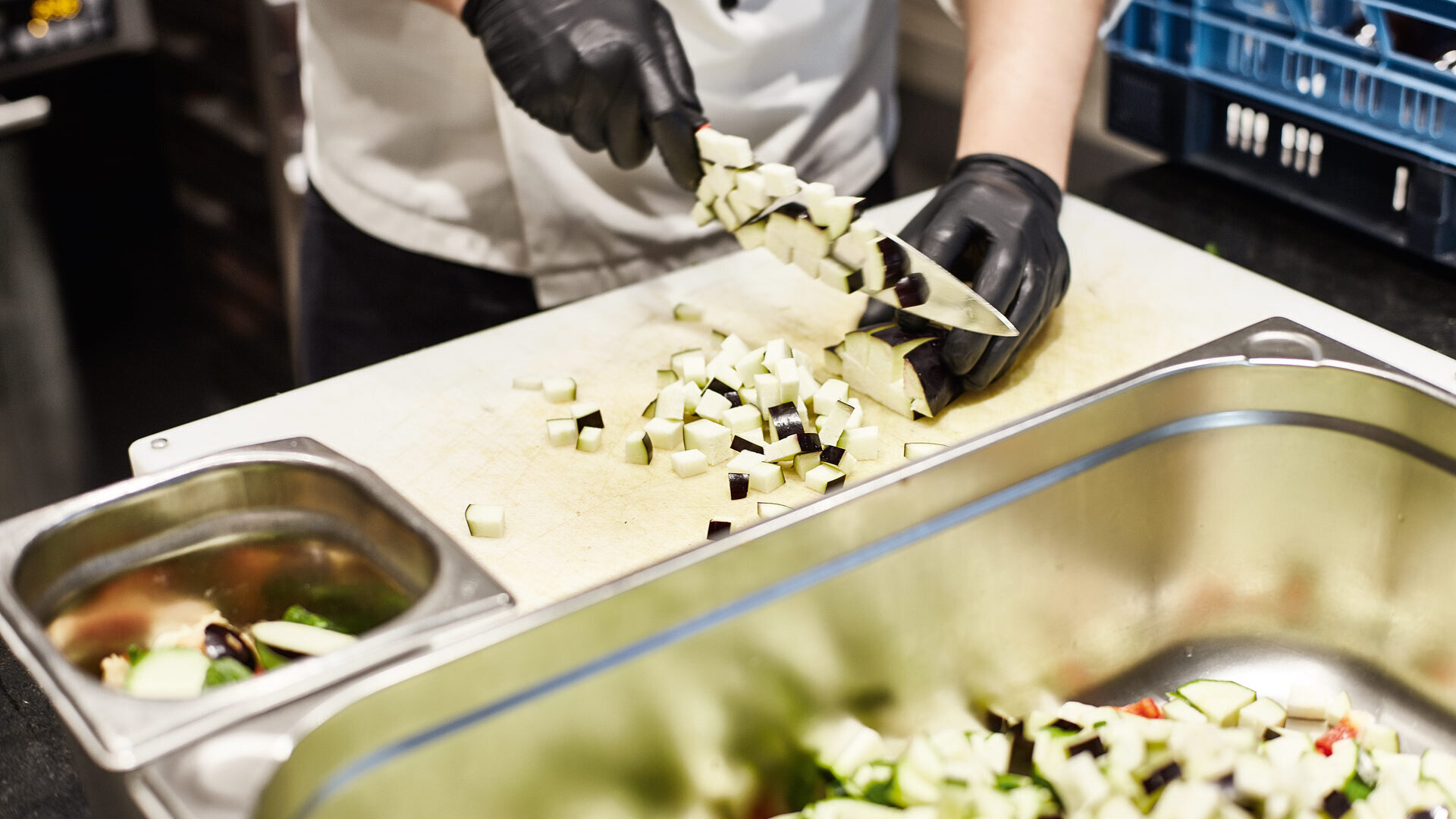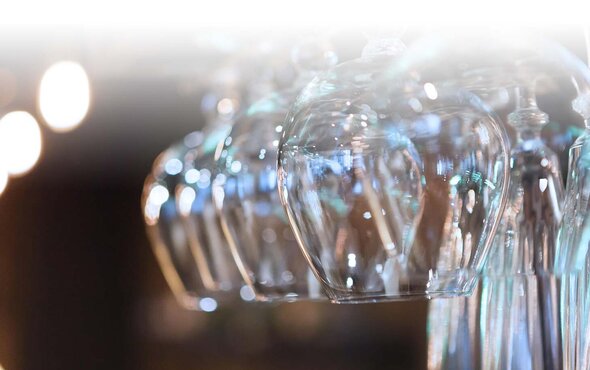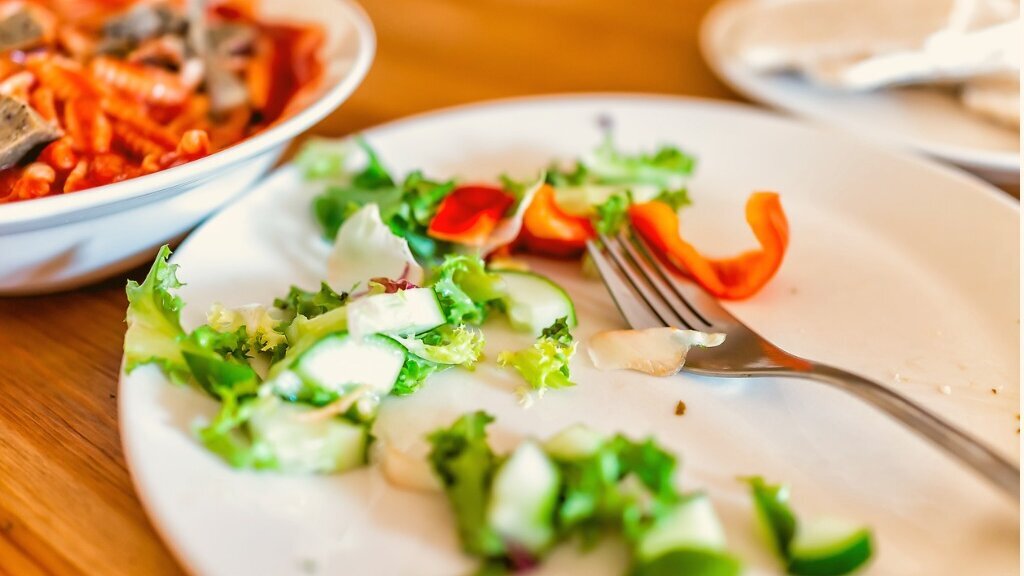
Eating is a vital necessity and eating is fun! However, a brief look at the statistics shows that industrialized and developing countries are particularly wasteful when it comes to food. A huge 670 and 630 million tonnes respectively are squandered by these countries every year. Globally, the figure is 1.3 billion tonnes. That's 1,300,000,000 written out in full. A simply unimaginable quantity, for which resources such as water, and energy such as electricity, heat, and light were expended in order to produce this. And what for? If it's only been produced for the bin, in the end, while releasing greenhouse gases and encouraging global warming and climate change.
Food is too valuable simply to end up rotting in the rubbish tip. The energy content of food that is not consumed is valuable and must be put to good use. Not only is it ecologically and morally repugnant, but food waste doesn't make any sense from an economical perspective either. Because any place that throws food away is making a loss. At home, in the retail trade, in food courts, restaurants, cafes, hotels – throughout the entire food and beverage sector.
WHAT IS FOOD WASTE?
According to the Food and Agriculture Organization of the United Nations, food waste refers to the discarding or alternative (non-food) use of food that is safe and nutritious for human consumption. The following is common practice in the food service industry:
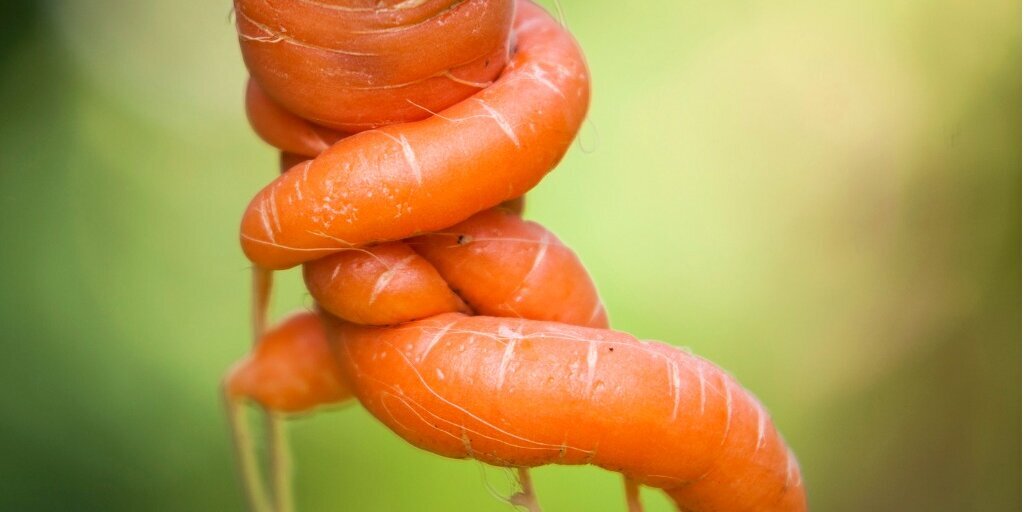
Fresh produce that deviates from what its "normal" shape, size and colour is often rejected in commercial kitchens.
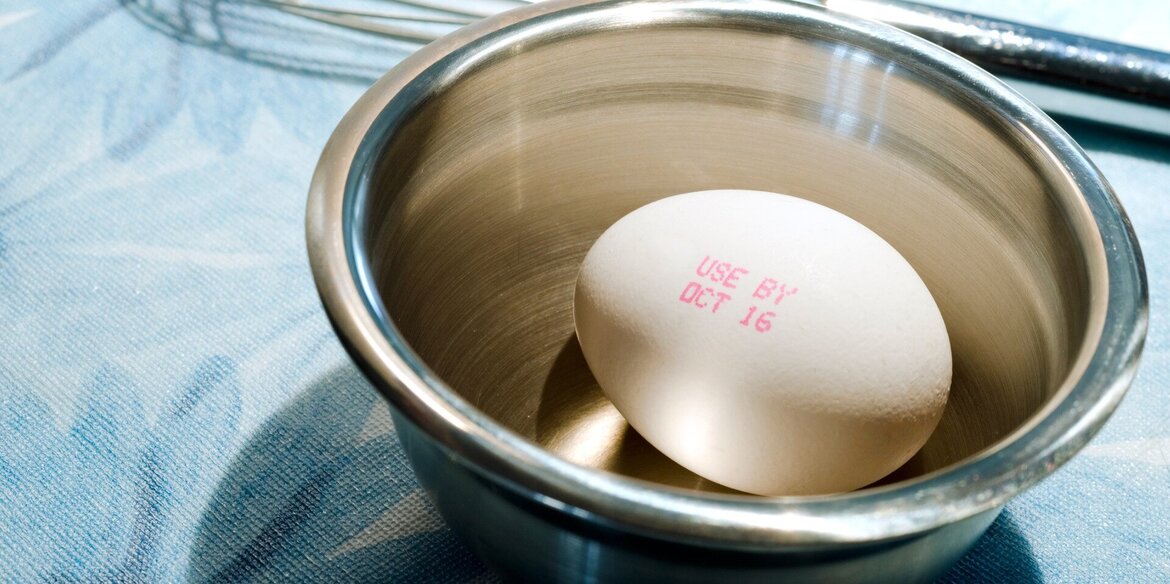
Food that is at or beyond its “best-before” date is discarded.
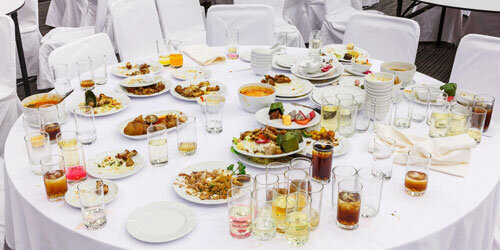
Large quantities of wholesome edible food are unused and discarded from catering outlets such as restaurants and cafes.
Did you know that the cost of food for preparing meals is the second-largest item of expenditure for restaurants and catering outlets? So why shouldn't we have sufficient reasons to implement proper waste recycling in restaurants and reduce the cost of food waste?
A COMPLETE SOLUTION FOR FOOD WASTE FROM MEIKO
Each link in the food chain must help to minimize food waste. MEIKO has set itself the goal of becoming a pioneer for change. The company offers a recycling system for kitchen waste and leftovers consisting of vacuum or pump systems, digester solutions, dewatering systems, input stations for all volume and space requirements, tank solutions in all imaginable customised versions, and open disposal systems systems without storage tank.
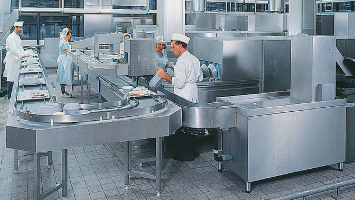
And that's not all. The system has proved itself in terms of economics, ecology, and organisation. Grand Hyatt Singapore, with a team under the leadership of Executive Chef Lucas Glanville, used the system to "convert a mountain of food waste from landfill waste into garden fertilizer". According to Executive Chef Lucas Glanville: "The new system means that we no longer need to transport food waste manually through the hotel.
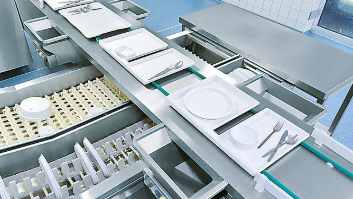
Above all, this is good in terms of hygiene, as there are fewer containers, and mainly fewer roller containers. Consequently, the damage that these caused behind the hotel has been significantly reduced. The system has made our employees much more productive – for example, we don't need to spend so much time disinfecting the roller containers any more."
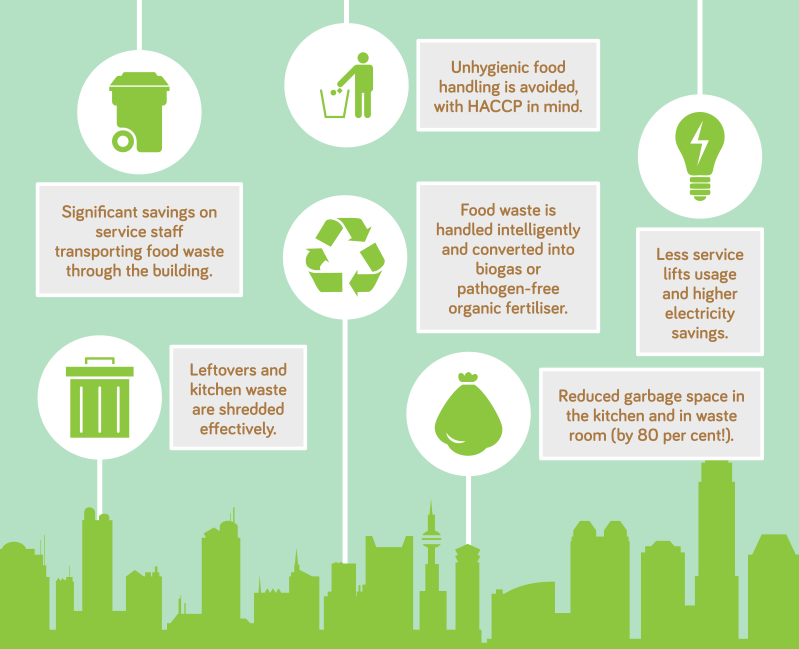
WITH THE SOLUTION…
- leftovers and kitchen waste are crushed on the spot.
- the unhygienic handling of food is avoided.
- food waste is intelligently treated and converted into biogas.
- waste pulp becomes pathogen-free, organic fertilizer.
- the use of rubbish bags is significantly reduced.
Food is not dealt with well in the F&B sector. It's a fact that we simply can't ignore. When food is wasted, money and valuable resources are also wasted. However, there are ways in which day-to-day food and catering activities can be changed and waste quantities reduced – and a smart system for recycling food waste in restaurant kitchens is a step in the right direction.
Get more information on MEIKO's system for recycling food waste.
